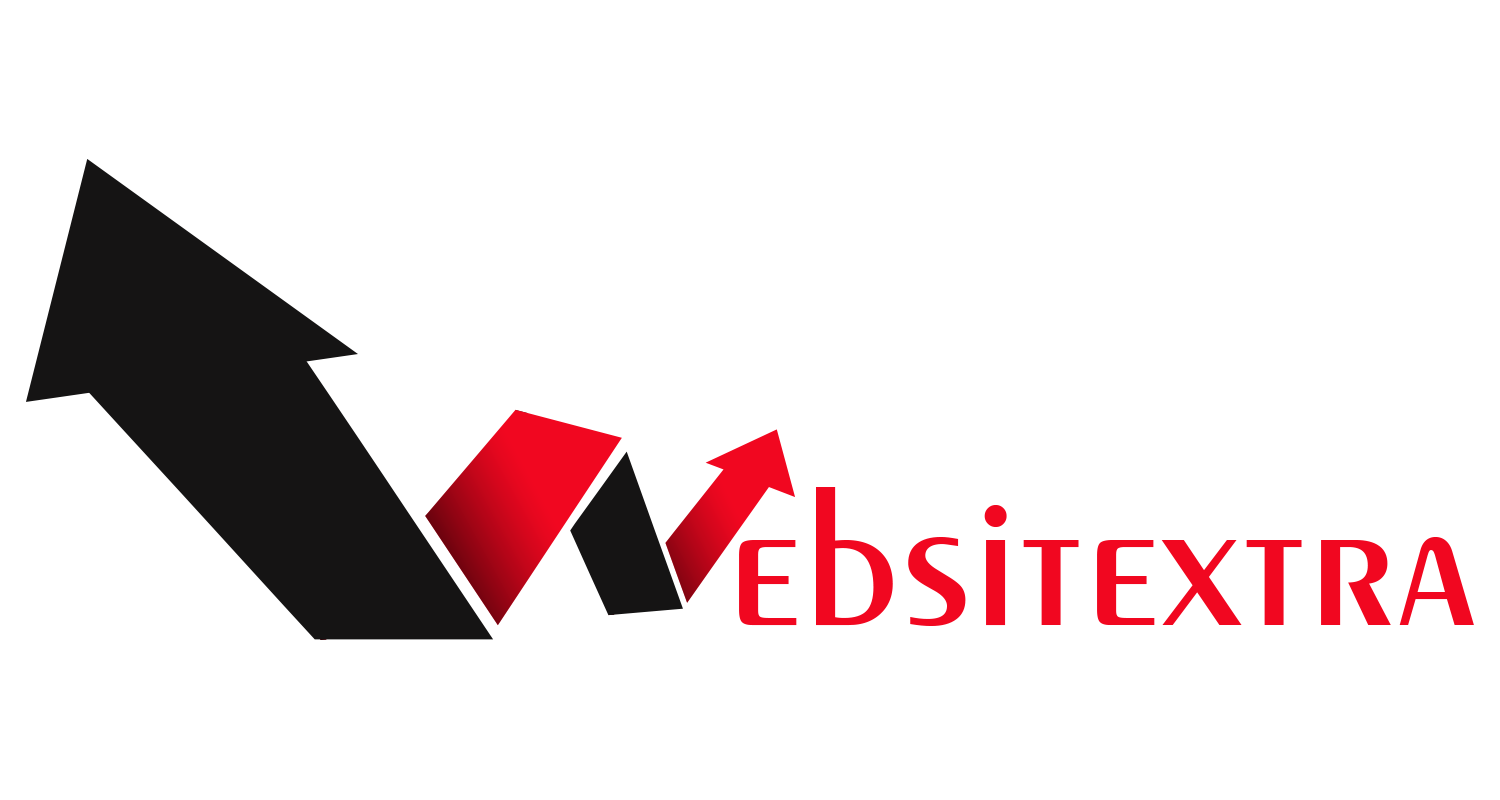While often used interchangeably, procurement and sourcing are distinct approaches in acquiring goods and services. In the global economy, China is a popular destination for procurement and sourcing. The sourcing demands are usually met by leveraging relationships with a few trusted trading groups in China, catering to various components, raw materials, supplies, and service needs for businesses to operate effectively.
In this article, we will try to understand the difference between procurement and sourcing particularly while dealing with these services.
What is sourcing?
Sourcing entails finding suppliers for high-quality, cost-effective products or materials essential for business operations. China is a prominent sourcing destination due to its vast marketplace and affordability.
However, navigating Chinese suppliers can be complex; while many claim to be factories, most are wholesalers or traders.
To streamline sourcing, which is one of the important steps of procurement service, engaging a reliable China sourcing agent like Maple Sourcing Ltd. is advisable. Such agents simplify the process by identifying suitable suppliers tailored to product requirements, alleviating the challenges of sourcing independently.
As China’s sourcing evolves, leveraging expert assistance becomes increasingly crucial for efficient procurement.
What is Procurement?
Procurement, essential in business operations, involves acquiring goods or services, encompassing various tasks with sourcing being a component. In China procurement, aligning purchases with company objectives is very important. Considerations include product viability, repair costs, warranty, and authenticity.
Sampling and evaluation are crucial before finalizing contracts to mitigate risks such as communication issues, fraud, and shipping challenges. Additionally, legal aspects like filing lawsuits and navigating customs taxes must be addressed. Ensuring product quality and mitigating risks are central to successful procurement in China.
Factors that help in deciding which agency to choose
1. Process of organizing and sourcing
Evaluate the sourcing strategy of the agency, prioritizing those that prioritize presenting client certification requirements and product specifications upfront. The typical purchasing process in China involves the following steps:
– Confirming certification needs and product specs
– Researching prices
– Ordering samples
– Selecting qualified suppliers
– Negotiating prices
– Final supplier selection
– Sales agreement
– Quality control
– Shipping arrangements.
Transparency and adherence to client needs characterize a reliable sourcing agency.
2. Field of expertise
Ensure the sourcing agency has relevant experience in procuring the products you need by requesting records of similar orders and buyer references in the same industry. While specialized agencies may be rare, references from buyers in your industry provide valuable insight into the agency’s efficiency and suitability for your procurement needs.
3. Management
Select a reputable firm that does not accept kickbacks from suppliers. Prioritize certification needs and quality standards over quick supplier selection. Ensure the procurement agency is well-versed in Western quality norms and has offices in both your country and China for effective communication and understanding of requirements, fostering a reliable procurement process.
Research and choose a reputable China sourcing agency to handle your procurement needs effectively. Reliable agencies understand Western quality standards and will cater to your requirements professionally, ensuring a smooth and conventional procurement process.



